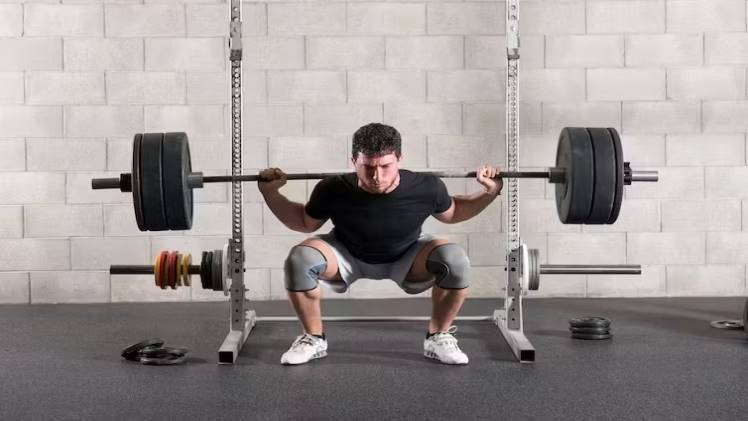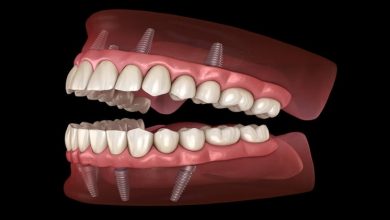Unraveling the Secrets of Metabolism for Athletes, Weight Trainers, and Weightlifters

Metabolism plays a crucial role in athletic performance, muscle building, and overall fitness. Athletes, weight trainers, and weightlifters can benefit significantly from understanding the science behind metabolism and applying this knowledge to optimize their training, nutrition, and recovery. A solid understanding of metabolic processes enables individuals to make informed decisions about their diet, training routines, and recovery strategies, ultimately leading to improved performance and goal achievement.
In today’s competitive sports and fitness landscape, a comprehensive grasp of metabolism can provide a significant advantage. This knowledge helps athletes tailor their approach to their unique metabolic needs and preferences, allowing for greater efficiency in energy production and utilization, enhanced muscle growth, and faster recovery times. In this article, we’ll explore various ways these individuals can learn about metabolism and leverage this information to improve their performance and achieve their goals.
Consult a Sports Nutritionist or Dietitian
A sports nutritionist or dietitian can provide valuable insights into the relationship between metabolism, nutrition, and athletic performance. They can help athletes understand the role of macronutrients and micronutrients in energy production, muscle growth, and recovery. By working with a professional, athletes can develop personalized meal plans that cater to their specific needs and goals, ensuring they receive the right balance of nutrients to support their training regimen.
Attend Workshops, Seminars, and Conferences
Attending workshops, seminars, and conferences focused on sports nutrition, exercise physiology, and metabolism can provide athletes with the latest research and practical knowledge. These events often feature expert speakers, panel discussions, and hands-on workshops, allowing attendees to engage with professionals in the field and learn about cutting-edge developments in metabolism and athletic performance.
Read Books and Articles on Metabolism and Sports Performance
There are numerous books and articles available that delve into the science of metabolism and its implications for athletes, weight trainers, and weightlifters. Some popular titles include “Nutrient Timing” by John Ivy and Robert Portman, “Advanced Sports Nutrition” by Dan Benardot, and “The Metabolic Typing Diet” by William L. Wolcott and Trish Fahey. Reading these resources can help individuals deepen their understanding of metabolic processes and learn how to optimize their training and nutrition strategies.
Enroll in Online Courses or Educational Programs
Several universities and institutions offer online courses and educational programs in sports nutrition, exercise physiology, and metabolism. These programs often cover topics such as energy systems, metabolic pathways, hormonal regulation, and the effects of exercise on metabolism. By enrolling in these courses, athletes can gain a comprehensive understanding of metabolism and its relevance to their training and performance.
Connect with Experts and Join Online Communities
Connecting with experts and joining online communities focused on sports nutrition, exercise science, and metabolism can provide athletes with valuable resources and support. Social media platforms, discussion forums, and blogs offer opportunities to engage with professionals, ask questions, and share experiences with like-minded individuals. This can help athletes stay updated on the latest research and trends in metabolism, nutrition, and athletic performance.
Understanding metabolism is essential for athletes, weight trainers, and weightlifters looking to optimize their performance, build muscle, and improve their overall fitness. By consulting with professionals, attending workshops, reading books, enrolling in courses, and joining online communities, individuals can gain valuable insights into the science of metabolism and apply this knowledge to their training and nutrition strategies. With the right information and guidance, athletes can unlock their full potential and achieve their fitness goals.




